
Harry Styles accused of 'queerbaiting.' What is that – and why does it matter?
... professor of communication and media studies at Pace University. ... of women's and gender studies and music at the University of Michigan.
Thousands rush to apply for gun permits in New York days before "good moral character" requirement takes effect
"This is going to ensure that we have qualitative people that are afforded these gun permits," said Darrin Porcher, a Pace University professor and former NYPD lieutenant.
Pace Food and Farm Business Law Clinic to Expand with Funding from New York State
The newly named Food and Farm Business Law Clinic at the Elisabeth Haub School of Law at Pace University announced that it will expand its legal services with $225,000 in funding included for the clinic in the New York State budget. The funding will support the hire of a Program Coordinator, who will join the pro bono clinic this fall, and provide other sustaining support for the clinic. The new name of the Food and Farm Business Law Clinic, formerly known as the Food and Beverage Law Clinic, reflects its broad work with clients from across New York State, including small farm businesses, artisan food manufacturers, craft beverage entrepreneurs, and related nonprofit organizations, while also emphasizing its focus on providing direct transactional business law experience to law students.
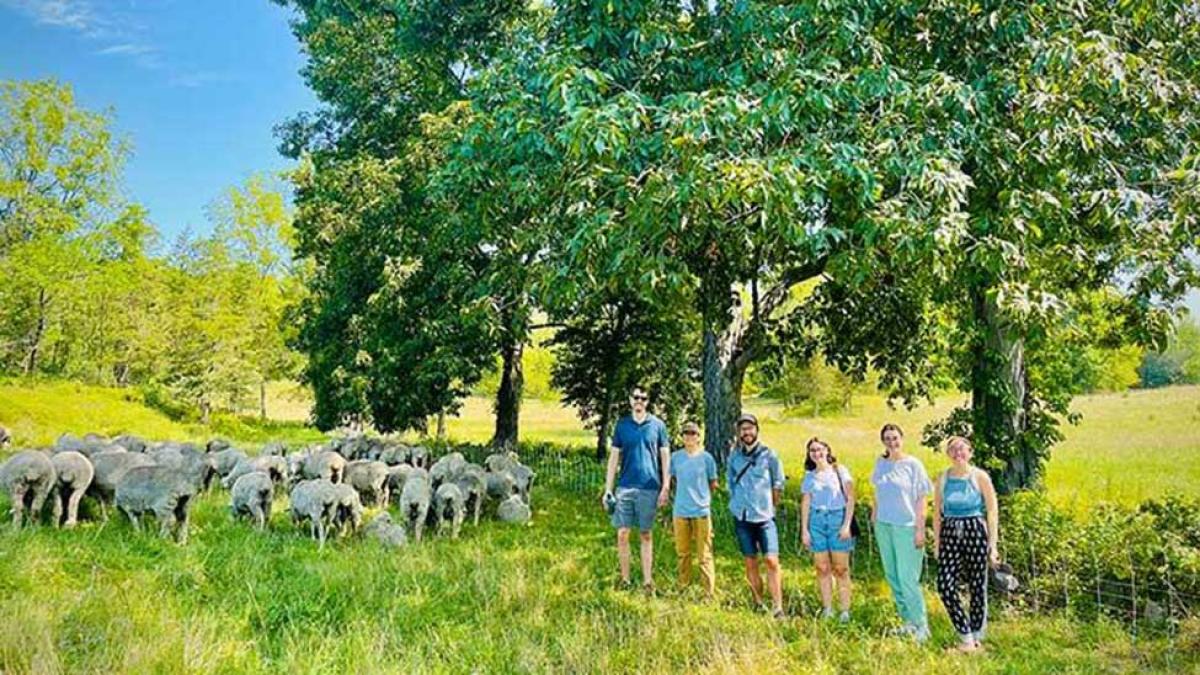

The newly named Food and Farm Business Law Clinic at the Elisabeth Haub School of Law at Pace University announced that it will expand its legal services with $225,000 in funding included for the clinic in the New York State budget. The funding will support the hire of a Program Coordinator, who will join the pro bono clinic this fall, and provide other sustaining support for the clinic. The new name of the Food and Farm Business Law Clinic, formerly known as the Food and Beverage Law Clinic, reflects its broad work with clients from across New York State, including small farm businesses, artisan food manufacturers, craft beverage entrepreneurs, and related nonprofit organizations, while also emphasizing its focus on providing direct transactional business law experience to law students.
“As participants in the food and farm industry become increasingly innovative, the need for legal services continues to increase,” said Haub Law Dean Horace E. Anderson Jr. “The Clinic has grown and adapted to changing needs while providing rewarding real-world experiences for our students, positioning them for career success, and putting Haub Law at the forefront of an essential, evolving field of law.”
Launched in 2017 in collaboration with the Natural Resources Defense Council (NRDC) in response to a need for transactional legal services expressed by food and beverage clients, the first-of-its-kind Clinic has grown to serve over one hundred clients. "The Clinic fills a critical need in New York by providing free legal help to farmers, community groups, and food advocates seeking to strengthen and transform our regional food system into one that is more sustainable, healthy and equitable,” said Mark Izeman, Senior Attorney and Strategist for the Natural Resources Defense Council (NRDC) in New York. “The Clinic is a legal model that can be replicated around the country. We are proud to partner with the Elisabeth Haub School of Law in growing the Clinic and the emerging area of food law.”
Under the supervision of faculty and a staff attorney, students in the Clinic represent small farm businesses, artisan food manufacturers, craft beverage entrepreneurs, and related nonprofit organizations on transactional legal matters including new business formation and legal structure, nonprofit law, negotiation of leases and other contracts, trademarks, and regulatory matters relating to land use, food safety, employment, and more. By providing pro bono legal representation to its clients, the Clinic seeks to facilitate the development of a more just and sustainable regional food system and economy. At the same time, by teaching fundamental lawyering skills and professionalism through hands-on legal work and client interaction, the Clinic seeks to transform law students into practice-ready professionals.
The Clinic is the keystone program of the Pace Food Law Center, which seeks to expand students’ food law educational opportunities through coursework, externship placements, career counseling, and research opportunities. The Center also supports the academic work of the six full time Pace Law faculty engaged in cutting edge food and agriculture related scholarship.
“Small farms and food businesses operate in a complex legal and regulatory space and many face economic challenges,” Director of the Food and Farm Business Law Clinic Jonathan Brown said. “Access to pro bono legal support for those who need it can go a long way in helping these businesses get off the ground, survive challenges, and thrive, which in turn helps to build a stronger and more equitable regional food system. We are incredibly thankful to Governor Kathy Hochul and the New York State Senate and Assembly for recognizing the need in this area and supporting the work we do.”
The funding included in the New York State budget will provide sustaining support for the Clinic and support the hire of the newly created position of Program Coordinator. The Program Coordinator will enable the Clinic to reach and provide services to more clients, provide more effective services, and make more referrals to other service providers.
Original philanthropic support for the Clinic was provided by the Sands Family Foundation and Constellation Brands which donated $400,000 in 2016 to launch the Clinic. In 2020, the Sands Family Foundation and Constellation Brands committed another $600,000 in matching grants over five years to complement funding from other sources. Haub Law Alumnus Rob Sands ’84 is executive chair and former CEO of Constellation Brands and Chairman of the Pace University Board of Trustees.
Additional sources of support for the Clinic have included the U.S. Department of Agriculture, the New York State Health Foundation, and American Farmland Trust, as well as an anonymous philanthropic gift in 2021 that enabled the Clinic to expand its impact by hiring Staff Attorney Jack Hornickel.
Community Builder: Hannah Atkinson '24
I was living in Perth, Australia right before I decided to apply to law school and started attending. I was never particularly interested in the field of law itself, but when I thought about it more, I saw it as a really powerful means to affect policy and have an actual, tangible impact on big issues.
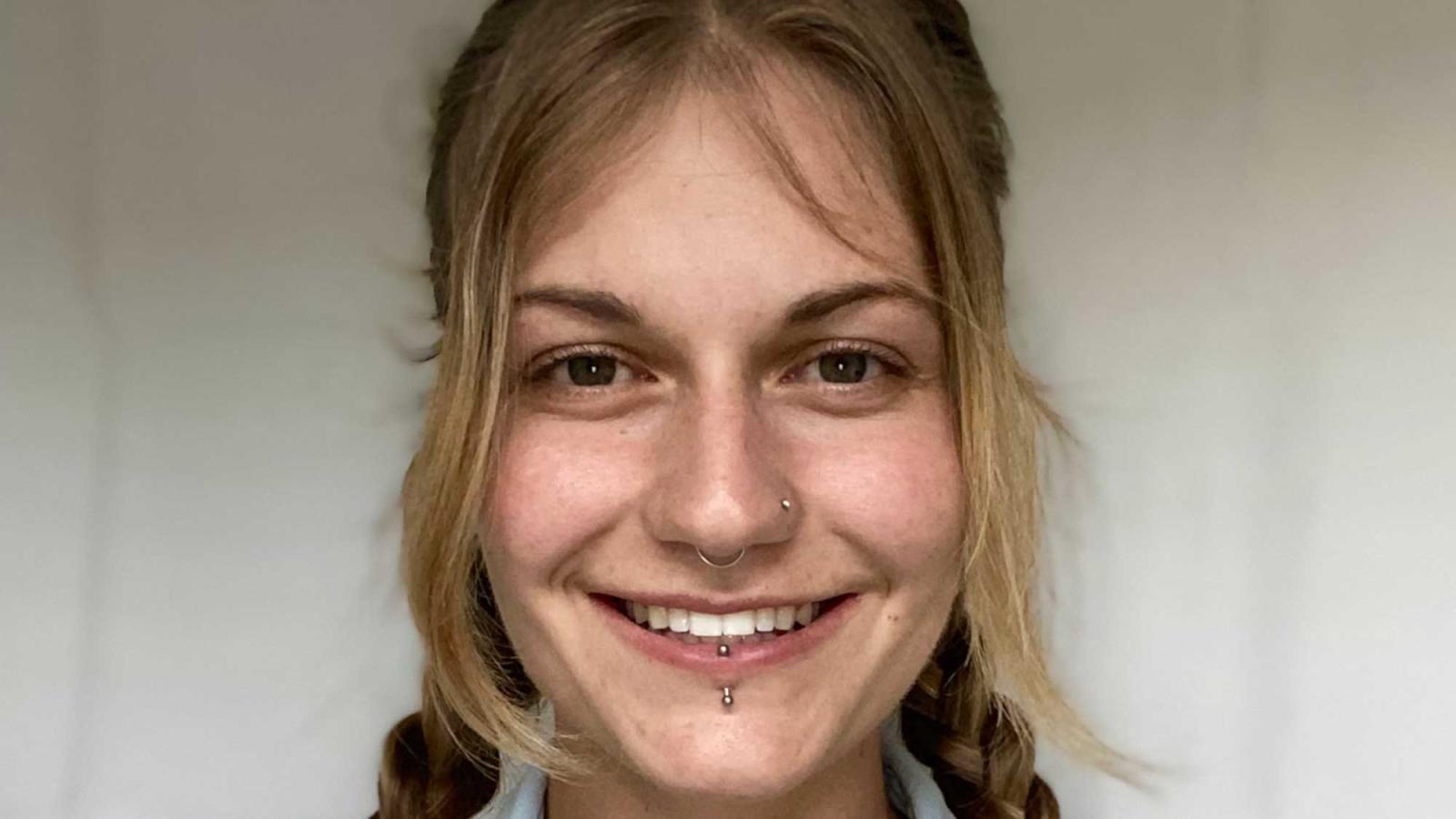
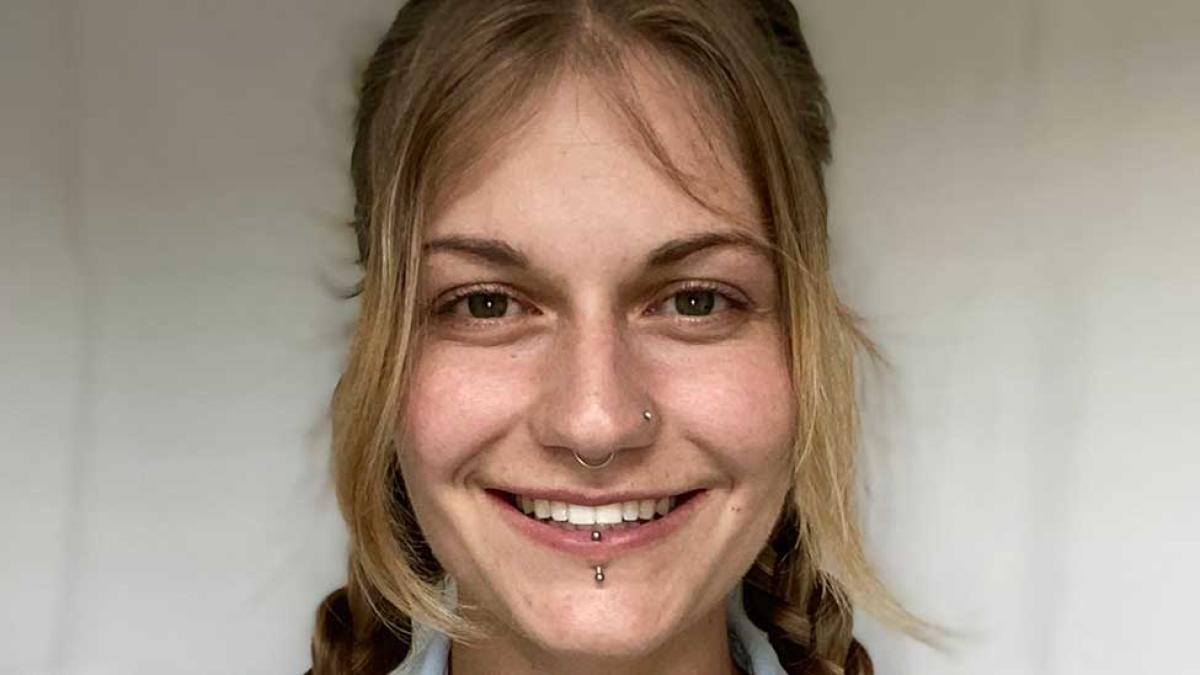
Growing up in Colorado and spending much of her free time summiting mountains (“14ers” to be exact!), Hannah Atkinson did not know she wanted to attend law school until two months before the cutoff for applications for the year. “I was living in Perth, Australia right before I decided to apply to law school and started attending. I was never particularly interested in the field of law itself, but when I thought about it more, I saw it as a really powerful means to affect policy and have an actual, tangible impact on big issues.”
Now, a rising 2L at Haub Law, recently, Hannah was selected for a prestigious 2022 Rural Summer Legal Corps (RSLC) Student Fellowship. The Rural Summer Legal Corps is a partnership between the Legal Services Corporation (LSC) and Equal Justice Works that supports dedicated law students, like Hannah, who want to spend their summer addressing pressing legal issues facing rural communities. Participants (called Student Fellows) have the unique opportunity to explore their passion for public interest while gaining valuable legal skills and experience at LSC-funded civil legal aid organizations. “I found out about this opportunity through the PILC career fair. I will spend the summer working with Legal Services of the Hudson Valley. During this time, I hope to strengthen my skills in research and writing, as well as grow in communicating directly with clients from various backgrounds,” said Hannah.
“At Equal Justice Works, we are committed to building a pipeline of passionate public interest leaders who can ensure equal justice is a reality for more people,” said Brooke Meckler, director of law school engagement and advocacy at Equal Justice Works. “We are excited to have Hannah join our Rural Summer Legal Corps and look forward to supporting her work to combat housing instability for tenants of mobile parks.” The selection process to participate in the program is very competitive and Hannah was one of 40 law students selected to serve in the program from 333 applicants. During her time at Legal Services of the Hudson Valley, Hannah will help launch a project to identify with tenants of mobile parks who are at risk of homelessness, have been living with illegal and inhabitable conditions, or have been subjected to other illegal practices.
“When I was volunteering with a largely non-English speaking community in Colorado, the #1 challenge most of them faced was housing instability. It’s an issue that overshadows every other challenge, because you can’t start resolving issues like employment or illness if you’re consumed with worrying where you’ll sleep at night,” stated Hannah. “I came to law school with the desire to use whatever skills I learn to make a positive impact on the environment and also to provide assistance to indigent communities. After law school, I would love to return my home state of Colorado and start my legal career there, working at the intersection of environmental law and human rights.”
With her fellowship coming to a close, Hannah's experience as a Rural Summer Legal Corps Fellow has exceeded her expectations. "I’ve learned quite a bit this summer both about the state of housing law in general, and about the struggle of finding suitable housing and staying housed for indigent individuals and families. It was an honor to work with such high-quality attorneys who genuinely care about their clients. My most exciting summer project was spearheading a new project to create and present a 3-part Know Your Rights series on manufactured home park tenants' rights. The series will be saved and recirculated by Legal Services of the Hudson Valley well into the future. It felt amazing to have a real, tangible impact on the organization so early in my legal experience."
Why Who You Know Matters In Getting Ahead — And How Study Body Diversity Can Help
They used to say it’s not what you know but who you know that helps you to get ahead. It’s an axiom from a different era—a less egalitarian, less meritocratic, clubbier time. But a major new study on economic mobility is once again proving, albeit in a very different way, that who you know can make a real difference in outcomes.
The Business and Art of Entertainment Management
We interviewed Professor Rebudal, who joined Pace three years ago, about his unorthodox career trajectory, from broadcast journalist to dancer and choreographer to his current role of management professor and director of the MS in Arts and Entertainment Management.
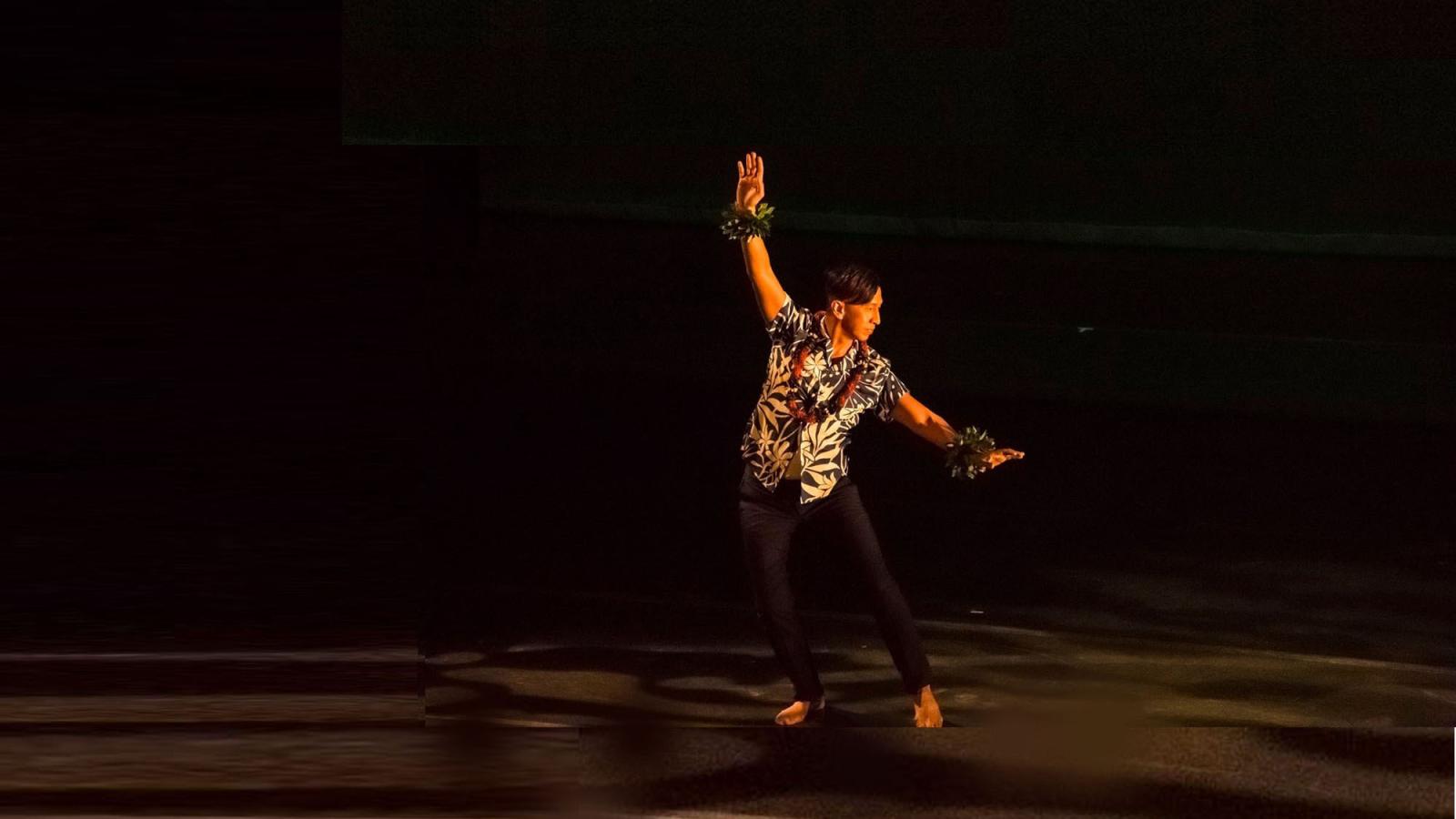
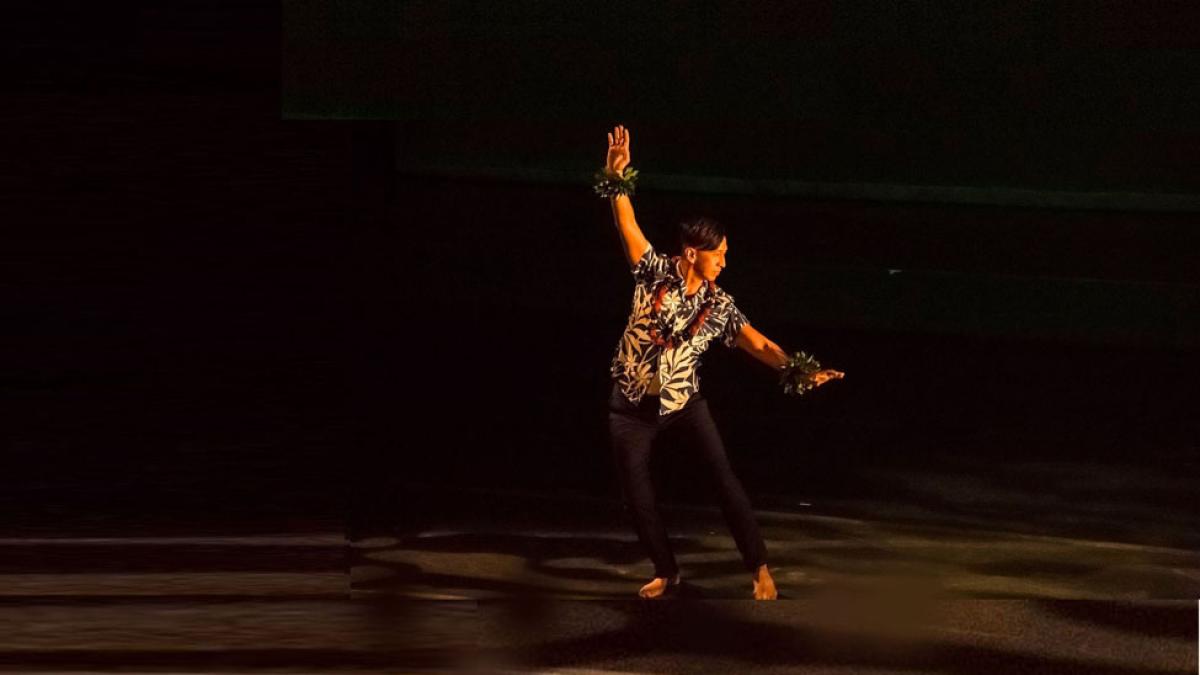
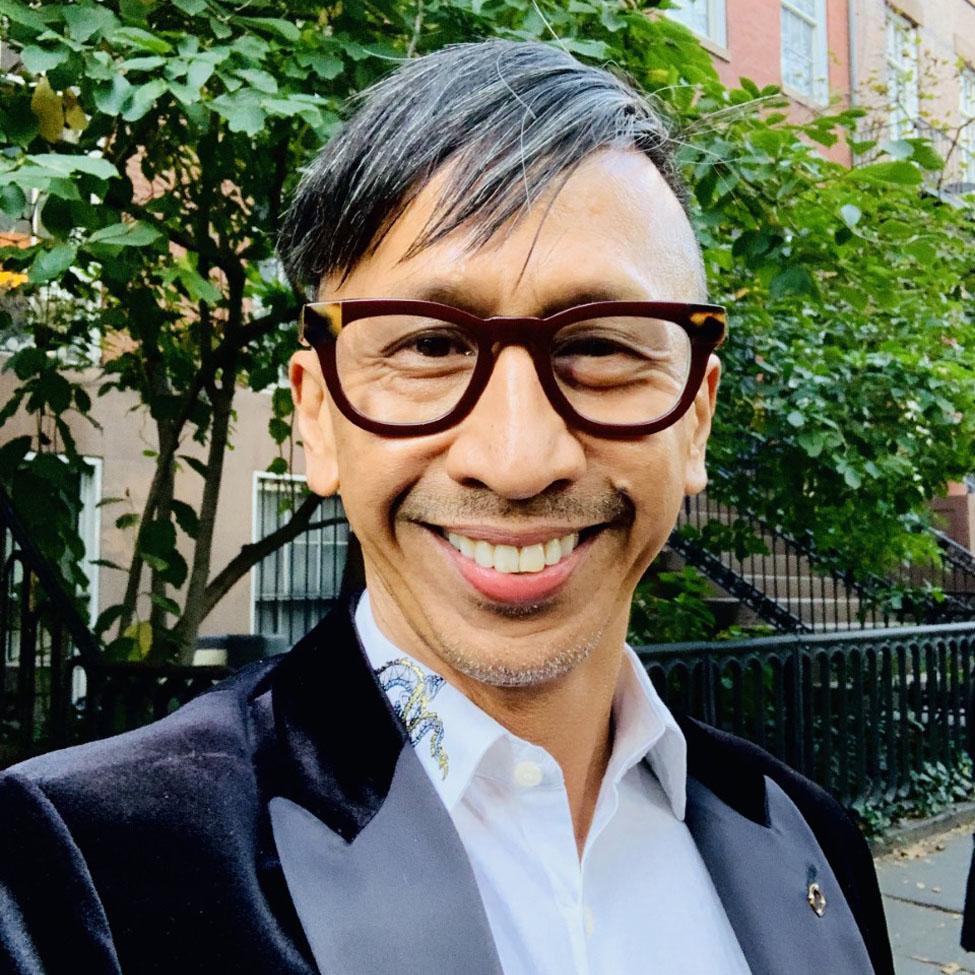
Jeff Rebudal
Director and Clinical Assistant Professor, Arts and Entertainment Management MS Program, Management and Management Science Department
We interviewed Professor Jeff Rebudal, who joined Pace three years ago, about his unorthodox career trajectory, from broadcast journalist to dancer and choreographer to his current role of management professor and director of the MS in Arts and Entertainment Management.
Why Management and Management Science?
Arts and Entertainment Management is inextricably linked to the performing industry (live/virtual events) and is the backbone/spine for the sustainment and future of the various industries. Without business acumen, arts and entertainment would not exist and vice versa.
Why Lubin/Pace?
The Lubin School of Business has one of the most reputable AEM programs in the nation. Our program is relevant and in the center of one of the entertainment capitals of the world. Also, we genuinely guide and assist in students' academic successes through graduation and beyond.
List your research interests/areas:
Event studies/project and event management: My new research focuses on the Javits Center in New York City, particularly their recent, new sustainable event space. During my initial phase of research, the main questions asked (but not limited to) are: What are the significant impacts (environmental, educational, economic, community and legacy) the Javits Center intersects with organizations, demographics, communities, and individuals?
Performing arts: dance, opera, and theatre
Why is it important to advance research in those areas?
Similarly with arts management being less than 50-years-old in terms of existence as a field of study and research, event studies is a relatively new field of academic study/research. It's exciting to be part of a timely and pertinent subject matter. Event studies is seriously recognized in other parts of the world and continuing to take root and notice here in the U.S.
What do students learn in your classroom?
Among the many hard and soft skills students acquire in courses that I teach at the Lubin School, principals of DEIA (Diversity, Equity, Inclusion, and Accessibility) are inherently learned and discussed. Readings, assignments, and projects center around DEIA as a means to understand and explore how race/ethnicity shapes the entertainment field. We also analyze how race/ethnicity intersects with other social identities and experiences as it relates to project and event management.
You serve on the Executive Committee of the American College Dance Association as Vice President of Membership. What motivated you to get involved with ACDA?
I served on the board for nearly 20 years. Besides the many benefits that motivated me to have been with ACDA, it is also the amazing community of colleagues and artists while being part of a larger realm guiding, teaching future dance artists, and performing arts leaders.
How does your work with ACDA translate into your work at Lubin?
It fulfills the professional service requirement for full-time faculty positions and it keeps me professionally connected to the not-for-profit arts sectors that I can further relate real world experiences to the classroom.
It also works as potential referrals/recruitment of potential students to Lubin and Pace University.
Discuss your professional path and its impact on how you teach and what you teach.
Non-linear/unorthodox trajectory: Broadcast Journalism => Dancer => Choreographer=> Dance Professor => Dance Program Director=> Arts Leader=> Management Professor=>Arts and Entertainment Management Program Director.
Real world skills and relevant experience informs your teachings in the classroom and creative spaces. My keen interest in the creative performing arts and the pragmatism of business acumen inform each other as I teach. Thus, further informing my research/learning within the field of arts and entertainment.
What are some challenges you had to overcome to get to where you are today?
In the midst of the Covid-19 pandemic, I helped launch a new and exciting Master of Arts degree program in the middle of a world crisis. I also gladly resigned from a tenured position at a Research I level institution to seek my next path in my life's journey.
Of which triumph are you most proud?
Launching a new MS program during the pandemic and seeing/guiding the first cohorts of graduates successfully through the program with each having gainful employment in key AEM positions here in one of the entertainment capitals of the world.
What is the single most important lesson you'd like to impart to your students?
"Nothing is new." Know who was part of history and what was developed before you as you "stand on the shoulders" of those who pioneered and developed what you are learning/experiencing now. Also, network-network-network in-person—I cannot stress enough of this!
What does #LubinLife mean to you?
Teaching and guiding (and learning from) the future performing arts and entertainment leaders that are diverse and inclusive with a global and open perspective.
Courses Professor Rebudal Teaches:
- MGT 620 Arts & Entertainment Management
- MGT 621 Programming & Production Practicum
- MGT 622 Fundraising & Budgeting in A+E
- MGT 623 Project & Event Management in A+E
- MGT 624 Agent Representation in A+E
- MBA 814 Leading Team Management
- MGT 317 Managing Entertainment Project
47 NY Colleges Among Nation's 'Best' In 2023: Princeton Review
Pace University is among 47 New York schools that are rated among the nation’s best by Princeton Review.
Welcome aboard, unvaccinated cruise passengers
Andrew Coggins, a clinical professor of management at Pace University who studies the cruise industry, said it would be wise for cruise lines to keep their level of vaccinated travelers high. But he said it would have been difficult for cruise lines to insist on the rules while the CDC loosens its requirements on social distancing and quarantine for people who have been exposed to the virus. "It would be very difficult for them to justify that," he said.

Hong Kong Christians are losing autonomy
Joseph Tse-Hei Lee is professor of history at Pace University in New York: History offers the best reference for crisis management in times of upheaval. This is particularly true for Christian churches in Hong Kong under China’s draconian security rule.
Longtime Trump CFO Weisselberg Pleads Guilty to Tax Fraud (2)
The agreement is “a big win” for prosecutors at the Manhattan district attorney’s office, according to Bennett Gershman, a professor at New York’s Pace University Law School. “Given his position in the company, it would be a proper use of the admissions that he’s made in court about his conduct and his role in the company,” Gershman said. “Those admissions could be used to show the company is engaging in fraud, because he’s admitting fraud, and he’s committing fraud on behalf of the company in terms of his conduct as a CFO.”